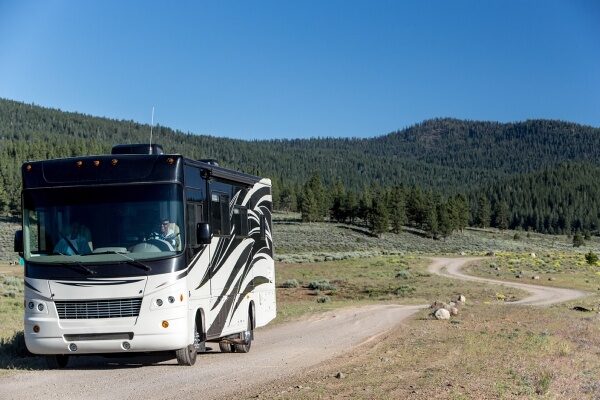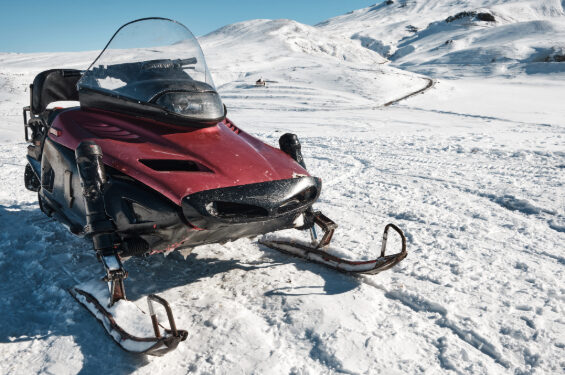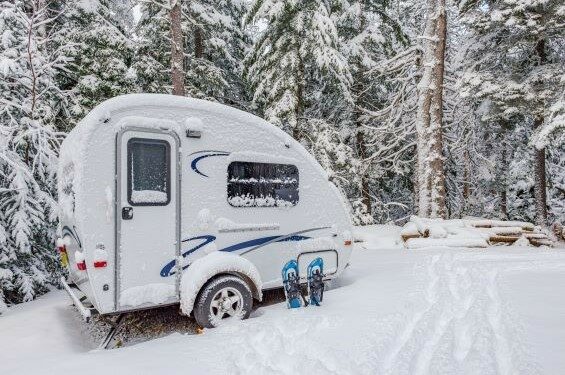
One of the best ways to travel around the country is in a recreational vehicle. RVs are spacious, save you money on hotels, and many come with all the amenities and comforts you need in your day-to-day life.
To ensure that you, your loved ones, your belongings and your RV are protected, you should purchase the best RV insurance that meets all your needs. Aside from the fact that some types of RV insurance coverage are mandatory, you want to find the appropriate coverage and limits that will shield you and your valuables should anything happen. Of course you also want affordable RV insurance rates.
The following are a few things to keep in mind when looking for the best RV insurance:
The types of coverage for your RV
When you’re financing an RV, you’ll most likely have to purchase coverage until your vehicle is paid off. If not financed, you will want to protect your investment with the proper physical damage coverage.
Insurance companies can provide comprehensive coverage, which will cover the costs of accidents that don’t involve other vehicles. This may include a fire or theft. Collision coverage is for when your RV is damaged in a collision with another vehicle.
There’s also liability insurance, which will assist you with the medical bills for injury to others or property damage done to another vehicle or property you hit.
Another concern is vacation liability, which will cover your liability for any medical expenses or property damage you need during short term use. This applies only when your RV is being used for vacation purposes, such as when you go camping.
You might want to consider buying roadside assistance coverage. When your RV breaks down due to mechanical issues, flat tires or other covered disablements, roadside assistance will come out and get you up and running.
Considerations to take into account
When you’re looking for RV insurance, first decide how you’re going to use your RV and what you’re taking with you. Are you a full timer? Do you plan to tow your car behind you? Are you going to attach additional objects to your RV, such as a satellite dish or awning?
For full time RVers, there are additional considerations ….
Many providers won’t protect attachments such as satellite dishes and awnings. You’ll have to ask if there is replacement coverage in case these items get damaged. If not, do they at least provide coverage at a depreciated value for these objects?
If you’re towing your vehicle behind your RV, it’s best to insure with the same company for both. Let’s say you’re rear-ended in a collision. Both your car and RV will suffer damage, so do you then want to have to deal with two separate insurance providers? This could cause a lot of headaches for you and your family. You will also want to make sure your equipment to tow that vehicle is covered properly.
Also, you’ll need to look around at your belongings inside your RV and calculate how much they’re worth. If you purchased a television, bed or any other item, keep the receipts and take pictures and/or videos of these items when they’re in your RV. Many companies will only cover a few thousand dollars’ worth of goods. You need to make sure that if you have $15,000 in valuables in your RV, they’re going to be fully covered in case anything happens.
Though you may want to save money in the short run by purchasing cheaper insurance, if anything happens it can cost you down the line. It’s best to buy insurance that will be there when you need it, because the open road is unpredictable.
Finding the best RV insurance rates
You’re committed to purchasing insurance that’s going to cover you if anything happens. However, you still need to save on your RV insurance.
To find the best coverage at the most affordable rates, first go to your current insurance provider. You may already bundle together your homeowner’s and car insurance. Ask about the kinds of discounts available if you take on RV insurance as well.
Before signing on the dotted line, do your research and ask fellow RV owners about their providers. If you don’t know any, go on RV forums and ask experienced owners what to do. Getting feedback from longtime RV owners will be valuable in helping you make a decision.
You’re excited about your RV of a lifetime. Just make sure that you’re protected under any circumstances by investing in the best RV insurance available.



